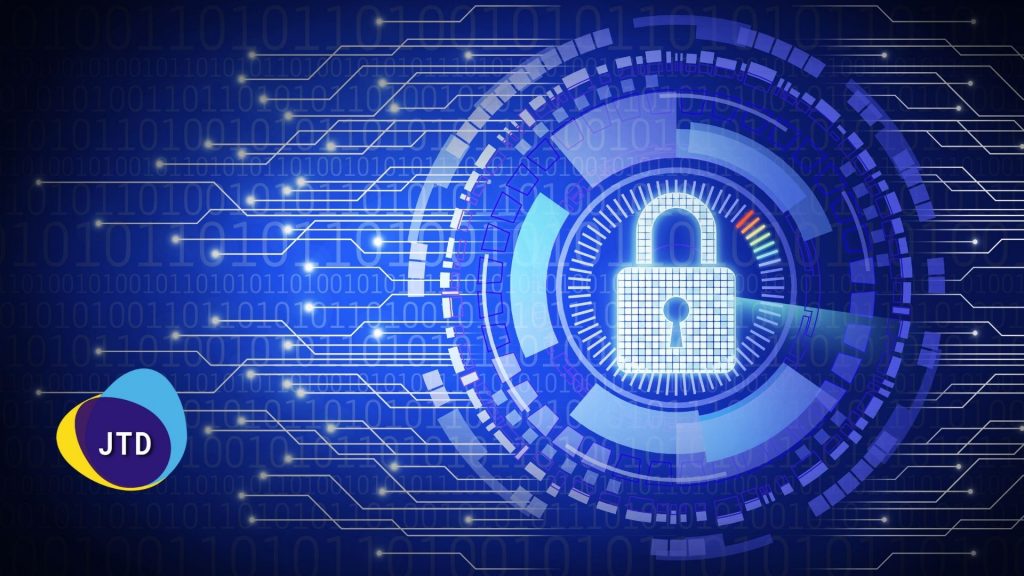
Even though cybersecurity continues to grow in importance year after year, there is still widespread misconception about it. How does it work? Who is responsible for it? How does it affect me? Is it difficult to implement?
According to a cyberthreat report, the most common reason why organizations succumb to cybersecurity attacks is due to the lack of organizational awareness. In other words, a lot of businesses, small and large, fall victim to attacks because their employees don’t know the basics. Is this due to lack of basic training? Whatever the reason may be, we’re going to go over some of the top cybersecurity myths so you and your team can help prevent future breaches.
“I’m not responsible for our cybersecurity”
A common misconception around the work place is that cybersecurity responsibility falls solely on the shoulders of the IT department. This couldn’t be further from the truth. All employees should do their fair share to make sure the security of the business isn’t compromised.
Employees are the first line of defense and are usually the biggest risks when it comes to vulnerabilities in your cybersecurity plan. Your employees are the ones attackers are constantly targeting in theri malicious campaigns. They are the ones that get all the spam emails with shady links. Why? Mainly because most employees make the mistake of thinking “cybersecurity isn’t my responsibility”
This is why continuous cybersecurity training is important. It’s important to teach your employees at least cybersecurity basics to prevent them from downloading and installing malicious software which could compromise your organization’s data. Training will also give your employees the tools to recognize potential threats both in the office and at home to help keep your and their personal data safe.
“Our organization is too small for hackers to target”
Cybersecurity is mostly misunderstood. The average internet user is easily persuaded by the media to believe that only huge corporations get hacked because they can pay huge amounts of money as ransom.
While targeting huge corporations may be a more lucrative gig for attackers, no one is safe from cybersecurity attacks – whether you’re a small startup or a huge corporation. Another fact is that smaller businesses usually have limited to no security budget. Attackers leverage this and are constantly targeting smaller organizations because attackers know that they will most likely pay a ransom in fear of losing their business.
“My password is good enough”
Unfortunately, the average user is made to believe that by adding a capital letter and a special character, their password is secure enough. Wrong.
Hackers can successfully crack short passwords, even with special characters, within days. The trick to successfully protecting your passwords in 2022 going forward is length. Longer passwords take longer to crack which is why using long and memorable phrases is recommended over one word passwords.
Your cybersecurity efforts should go beyond just a long and safe password. Implementing two factor authorization is another way to keep attackers at bay and your security safe. This method provides an extra security layer, typically by sending a security code to your cell phone. This means that even if an attacker gets access to your password, your data can still remain safe.
“This free antivirus is good enough”
The truth is, we are living in an age where antivirus software just isn’t good enough anymore. Attackers have been able to build sophisticated software to evade “catch-all” type of antivirus software for years.
Businesses and cybersecurity experts now use dedicated tools to help protect against specific threats such as ransomware, endpoint to endpoint encryption, firewalls, specific email protections and more.
Attackers pose a major threat to your organization and your cybersecurity but so does your staff. While creating a plan to protect your business from hackers, it’s important to keep employee accidents in mind.
A new recruit might think nothing of sending a copy of a company generated report with sensitive client information to a 3rd party or a vendor. This could become a serious breach of data privacy and can cost your business more in fines than a successful attack.
Just as easily, an ex-employee can sell vital information about your cybersecurity setup to a hacker or sell private data to a malicious organization. It’s important to only allow access to sensitive data to privileged users.
In case your organization’s security becomes compromised either by an attacker or accidentally, it’s important to have policies in place so that everyone knows what to do.
